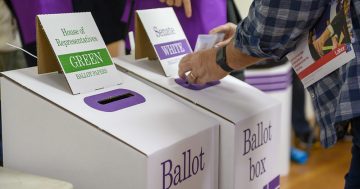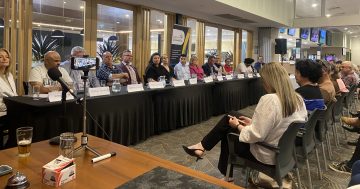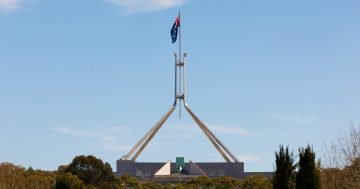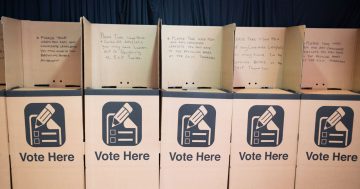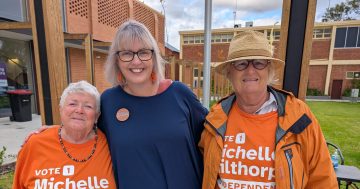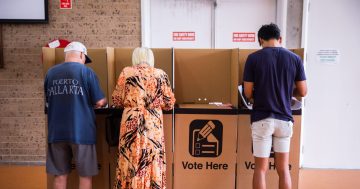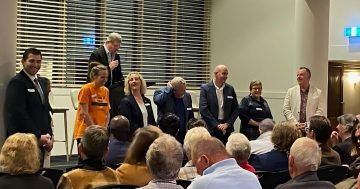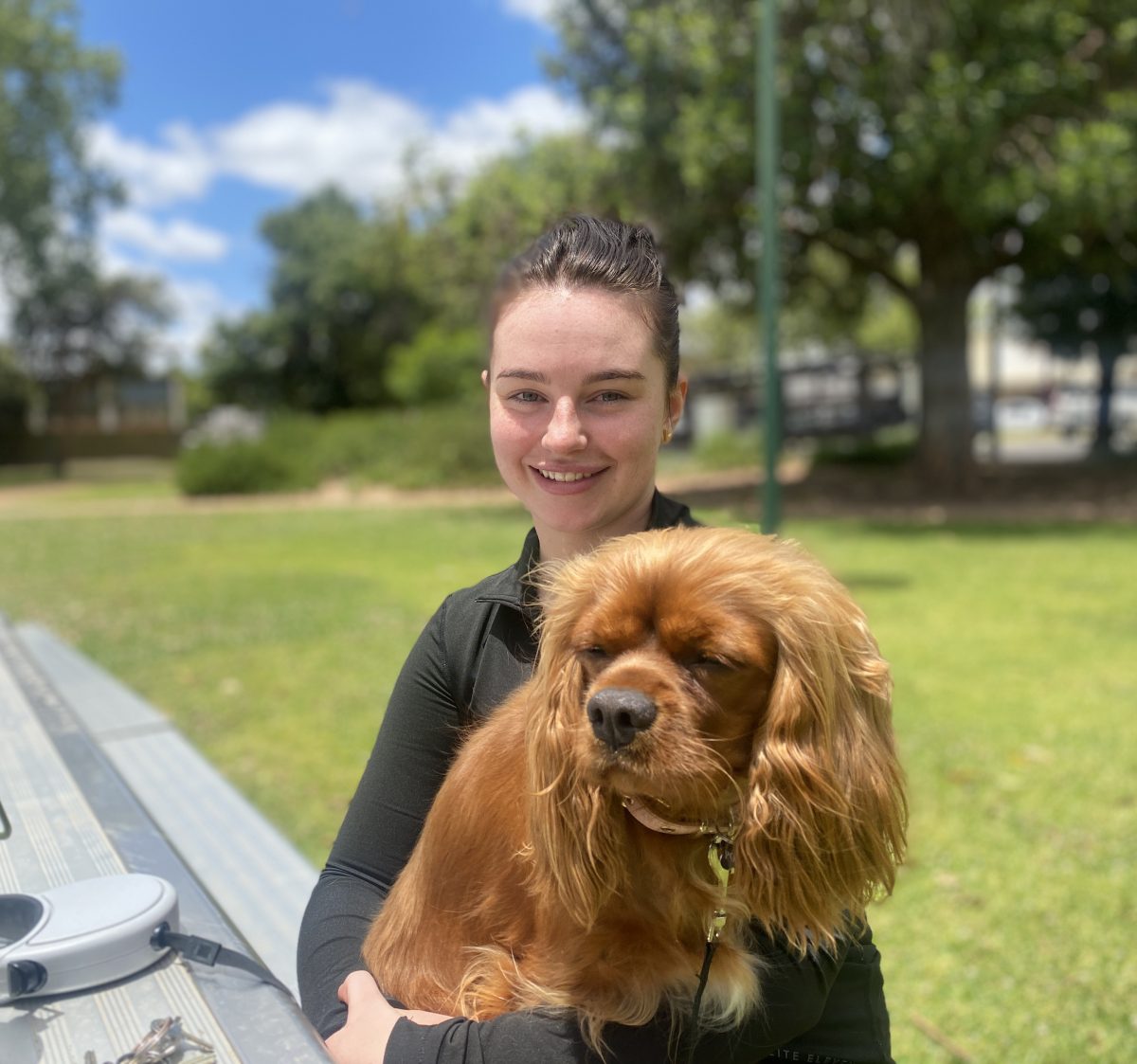
Carla Vonnida doesn’t think 16-year-olds are ready to vote. Photo: Oliver Jacques.
At 16, young Australians can work, pay tax, go to prison and have sex. So why can’t they vote at elections?
That’s a question posed by both the NSW state and federal Greens Party, who are pushing to give children aged 16 and 17 the right to vote in Australian elections.
At state level, Abigail Boyd MP has introduced the Electoral Amendment (Voting Age) Bill 2022 to lower the voting age while federal Brisbane MP Stephen Bates has signalled his intention to do the same at the national level.
At present, Australians 18 and over are obliged to attend a polling place on election days, while those younger are not allowed to vote.
The NSW Greens bill would permit, but not oblige, 16- and 17-year-olds to vote at state elections, meaning that there would be no penalty for not voting. The proposed law would also entitle children as young as 14 to enrol to vote in preparation.
“There is a massive amount of political engagement and desire for change from young people, as youth-led activist movements have shown us around the world and in Australia,” Ms Boyd said.
“When we give 16- and 17-year-olds the right to vote, we not only recognise that young people have something valuable to say, we also provide an incentive for political parties to listen and engage with their ideas.”
Young people in Griffith who spoke to Region, however, were not sure about the idea.
Carla Vonnida, a 20-year-old beautician, said she doubted she was ready to vote even at her present age.
“No, I think I wasn’t mature enough to understand politics when I was 16,” she said.
“I still don’t understand politics now that I am 20. I think it’s a hard concept for young people to understand.
“I think the legal adult age is 18, that’s the way it should be for people voting too.”
Similarly, Olivia Scott, a 21-year-old who is studying to be a teacher remotely while working at John Dodd Pharmacy, doesn’t support the bill.

Olivia Scott wants more voter education for young people. Photo: Oliver Jacques.
“I’ve only voted at the one election and I feel like even now I didn’t really know what I was voting for,” she said.
Ms Scott was politically active at age 16, when she published an online opinion piece calling for the de-merger of Murrumbidgee Regional High School. Griffith and Wade High were merged under the same banner in 2018, though the new ‘super’ school has been plagued with problems ever since. Ms Scott wasn’t afraid to ruffle feathers by calling for a split.
Nevertheless, she believes those in year 10 and 11 need to be better equipped before exercising their voting rights.
“Maybe if there was more involvement and education so that they would know what they were voting for [they could vote].
“When I was 18 and went on to the electoral role, I was like ‘I don’t know what I’m doing’ … I think there’s need for more education at schools [on politics and electoral processes].”
Giorgia Ceccato, 19, who is doing a gap year and planning to study law in 2023, was more supportive of the Greens’ approach but still had her doubts.
“I don’t think I would’ve known what I was doing at age 16 – at that age a lot of people just vote the same way as their parents.
“I definitely don’t think voting should be mandatory at that age, but making it optional would be good, as there are those who are politically engaged.”
Both major parties have indicated that they do not support the Greens bill, meaning it is unlikely to become law anytime soon.








